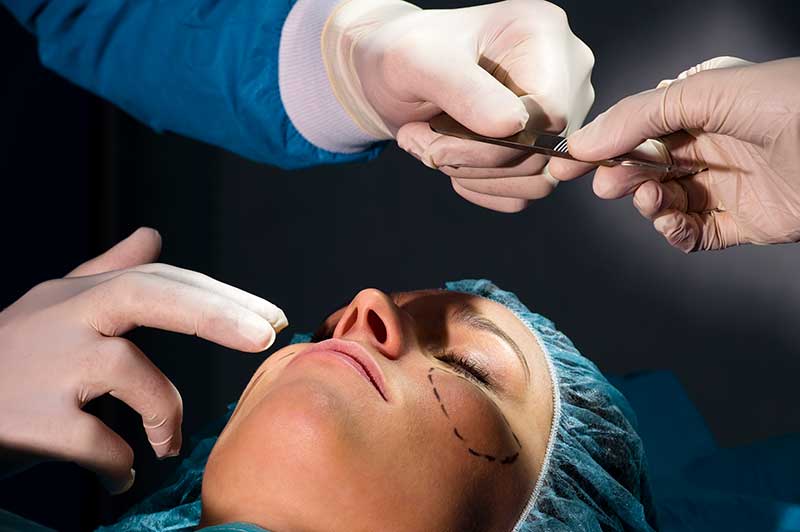When can you recover compensation?
A botched plastic surgery case requires medical negligence for grounds to sue. While you may be unhappy with the outcome, this fact doesn’t ensure grounds for a lawsuit exist. Your attorney would need to prove that medical malpractice occurred.
Cosmetic surgery, also called plastic surgery has the purpose of enhancing physical appearance. It is elective surgery. This means it is not necessary for health reasons. Surgeons often use cosmetic surgery to repair skin after severe burns. In addition, they use it to get rid of wrinkles and create more youthful appearances. They also use it for breast augmentation or reduction.
What would be the legal basis for a botched plastic surgery case?
Medical malpractice becomes an issue when surgeons fail to follow standard medical procedures. Surgical errors, negligent drug injections (such as Botox) or anesthesia complications could lead to malpractice claims. Anesthesiologists might fail to check for patient of allergies. Or, they might apply non-standard practices that harm the patient. In such instances, you might be able to bring a lawsuit.
Lack of cosmetic surgeon certification or inexperience might also provide grounds to sue. However, even when a qualified surgeon operates, mistakes can occur. Yet when they do, it doesn’t necessarily provide grounds for legal action.
How juries view cosmetic surgery cases
Juries often tend to favor surgeons in these types of medical cases. In addition, juries’ awards tend to be lower than for other types of medical malpractice cases. This is partly due to the fact that the surgery wasn’t necessary for health reasons.
In addition, there tends to be bias toward plaintiffs. For example, some jurors may have had successful plastic surgery and believe the plaintiff should bear responsibility for choosing an unqualified surgeon. Other jurors are judgmental about someone spending money on plastic surgery. Or, they might consider the plaintiff to be vain.
One would hope judges and lawyers could weed out biased jurors. However, sometimes their prejudices aren’t apparent until they begin hearing evidence. Granted, some jurors aren’t as sympathetic as they should be. Yet, the fact remains that along with malpractice, the lawyer must also win the jurors’ sympathy to win the case.
Get a legal opinion
The Office of Michael R. De La Paz handles many different types of personal injury cases. We represent clients throughout Texas including Zapata, Laredo, Dallas and other locations statewide.

